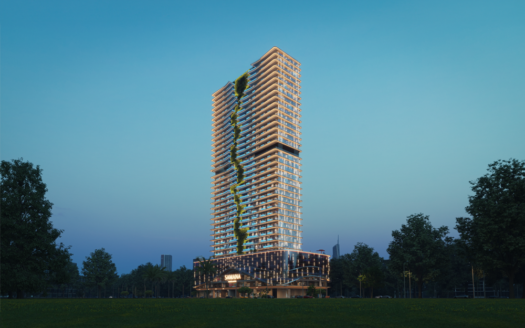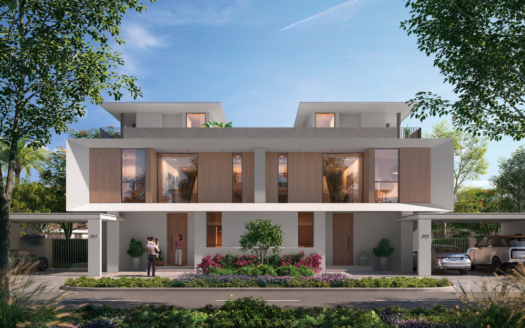Exploring Dubai Dominance in Luxury Real Estate: 2024 Outlook
In the world of luxury real estate, Dubai emerges as a towering figure poised for growth in 2024, as indicated by a recent report. A leading global real estate firm, meticulously tracks prime residential property values across 30 major cities worldwide through its annual Prime Global Cities Index. Notably, Dubai clinched the top spot in 2023 with a remarkable 17.4 percent appreciation rate.
Anticipated Growth and Market Dynamics
Looking forward, Dubai is projected to maintain their leading positions, with value increases expected between 4 and 9.9 percent. This surge is fueled by historically low inventory levels alongside unyielding demand from high-net-worth individuals, particularly evident in Sydney, where the scarcity of luxury listings continues to propel prices upward.
Dubai’s real estate sector has showcased remarkable resilience and performance on a global scale, exhibiting robust growth in 2023. While the pace of growth is expected to moderate slightly, gains of 4 to 5.9 percent are forecasted, cementing the emirate’s status among the premier luxury residential markets worldwide.
Global Trends and Forecasts
Zooming out, the Index predicts an overall upward trend in residential values for 2024, albeit at a slower pace compared to the previous year. With an average rise of 0.6 percent across the 30 monitored cities, most locales are expected to register gains between 0 and 3.9 percent, while some may experience slight declines.
Cities like Mumbai and Cape Town, alongside Dubai, have surpassed 3 percent growth over the past year and are positioned to sustain this momentum with increases of 2 and 3.9 percent respectively in 2024.
However, major American housing centers face pressure amid economic uncertainty, higher interest rates, and weakening consumer sentiment. San Francisco, in particular, experienced a steep downturn at -6.1 percent and may continue to see declines. Similarly, Asian markets like Hong Kong grapple with challenges such as zero-COVID policies and political tensions, potentially leading to further declines in property values.
Despite short-term volatility, we maintain optimism, citing ongoing urbanization, wealth creation, and evolving consumer preferences as drivers of long-term property appreciation across global hubs. While geopolitical shifts may influence forecasts, overall values are projected to trend modestly higher, with Dubai and Sydney leading the charge in the luxury sector.
Dubai Market Outlook for 2024
Prediction for the upcoming year:
Economy
- The UAE Central Bank foresees a 4.3% economic growth rate for 2024.
- IMF estimates project a 4% increase in UAE’s real gross domestic product in 2024.
- The IMF predicts UAE’s current account balance to be around 8.2% of GDP in 2023 and 7.7% in 2024.
- S&P Global anticipates a 4% expansion in the UAE economy for 2024, driven by growth in the non-oil sector.
Office Prices and Rents
- Office capital values surged in 2023, surpassing 100 VPI points from their base in Q1 2015 to hit 103 points by Q3 2023.
- Continued growth is expected in key Dubai business districts like Jumeirah Lake Towers, DIFC, Business Bay, Downtown Dubai, and Barsha Heights.
- Government initiatives such as the Golden and Green visa schemes, coupled with company law reforms, have fueled office space demand.
Hotels
- Exciting upcoming hotel openings include The Lana, Siro Dubai, Five Luxe, Six Senses The Palm, Mama Shelter, Mandarin Oriental in Wasl Tower, and Ceil Tower.
- Four to five-star hotels are likely to dominate the upcoming hotel stock. Local guests will remain pivotal for occupancy and revenues in affordable to mid-affordable hotels.
Residential Prices and Rents
- Capital values are projected to rise by 5% to 7% in 2024, indicating slightly slower growth compared to the previous year.
- The Dubai real estate cycle is expected to enter a new phase in 2024, with a resurgence in the apartment market compared to more moderate growth in the villa market.
- Potential reductions in mortgage rates for 2024 could encourage tenants to transition to homeownership, especially considering the trend of faster rising rents compared to capital values.






